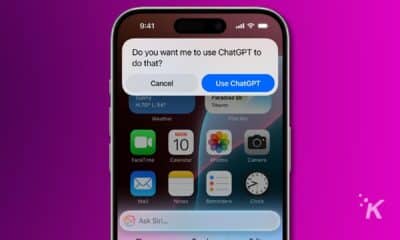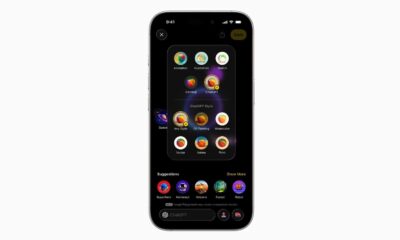Apple
USB-C will soon be mandatory for smartphones in the EU
The change goes into effect in late 2024.
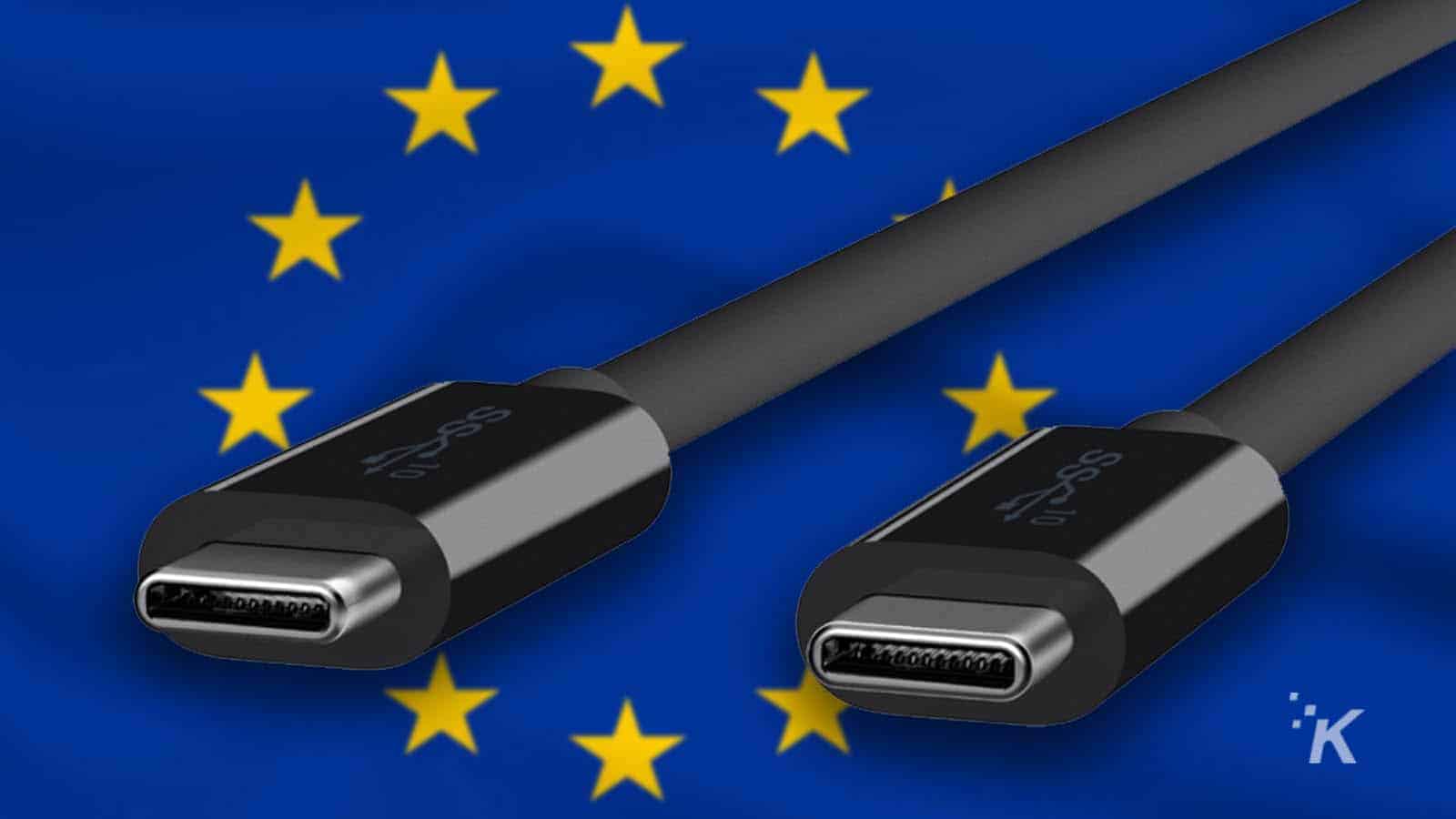
Just a heads up, if you buy something through our links, we may get a small share of the sale. It’s one of the ways we keep the lights on here. Click here for more.
The European Parliament has passed a landmark package of legislation that will force all consumer electronics vendors — including Apple — to use the USB-C wired charging standard from late 2024.
In addition to smartphones, the legislation applies to tablets, digital cameras, headphones, handheld video game consoles, and e-readers.
For Apple, this means an end to the Lightning charging cable, which it uses across its headphones, computer peripherals, and audio equipment.
Rules for laptops are expected at a later date, as European lawmakers are yet to establish a charging standard for devices in the 100w-240w range.
What this means for Apple
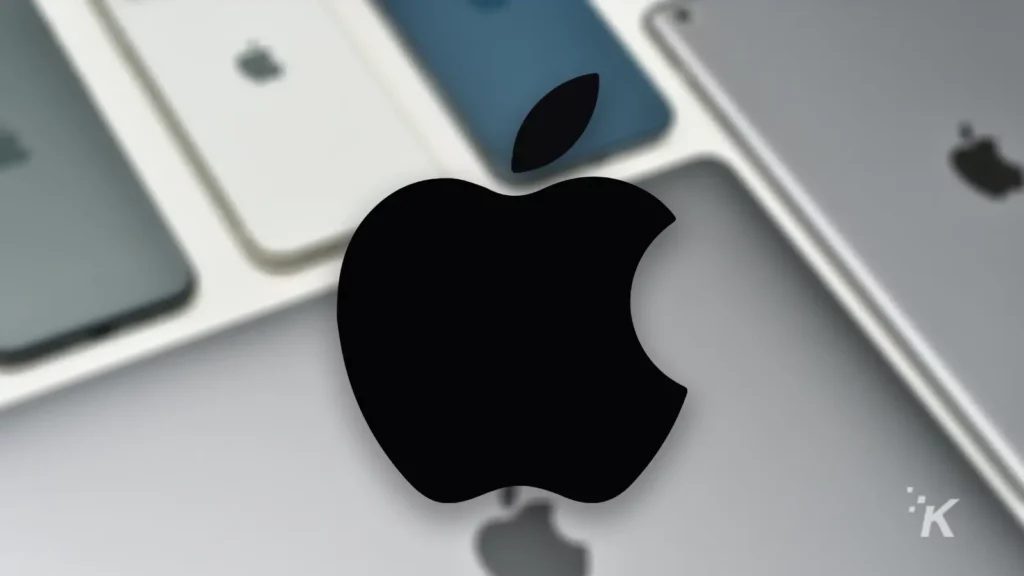
Apple has, predictably, opposed this legislation. It has decried any effort to make a common charging standard as an “inconvenience” to consumers that will “stifle innovation.”
Of course, it would say that.
Apple stands out as the smartphone world’s sole USB-C holdout. Accessories — which include lightning cables — account for a significant chunk of its annual revenue. The proprietary nature of the Lightning connection likely disincentivizes consumers from switching to other brands.
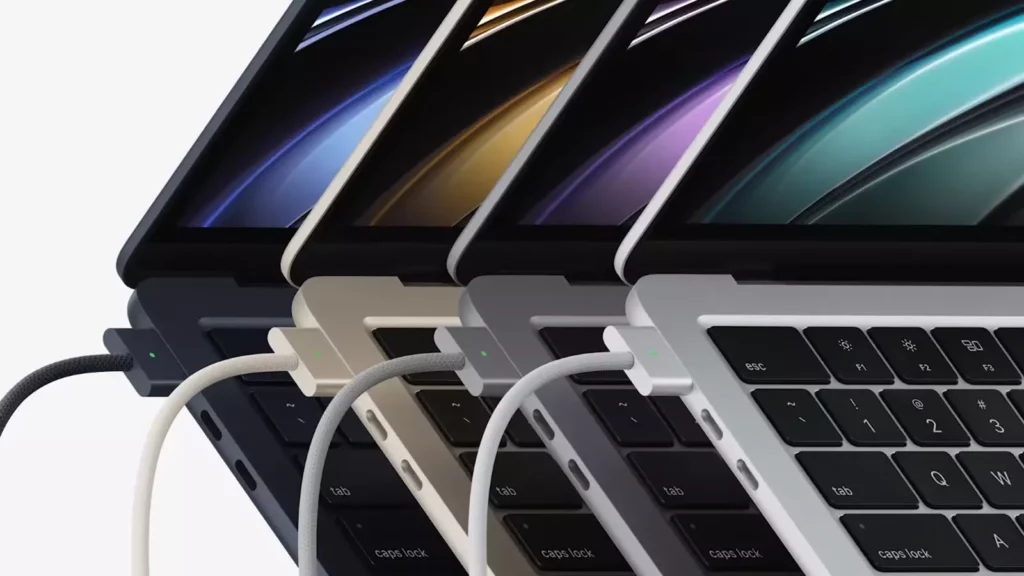
Moreover, Apple has moved away from USB-C in its laptop business. MagSafe is the primary charging medium on the 14-inch and 16-inch MacBook Pro. It will appear on the upcoming MacBook Air, too.
You could be forgiven for thinking this package of legislation is tailor-made for (or, rather, against) Apple. Thierry Breton, Commissioner for the Internal Market, insists this isn’t the case. In a press conference, he said: “The rule applies to all and sundry. It’s not adopted against anybody.”
“We’re working for the consumers, not the companies, and we have to give these companies rules; rules that are clear in order to enter the internal market,” he added.
According to the rumor mill, Apple has experimented with a completely port-free form factor. As this legislation pertains only to wired connections, Apple could circumvent it by ditching Lightning and USB-C entirely.
This approach has its drawbacks, however. Wireless charging speeds are slower than their wired equivalents, and vastly more energy inefficient. iPhone owners would be also unable to use their devices with wired-only CarPlay systems.
Work in progress
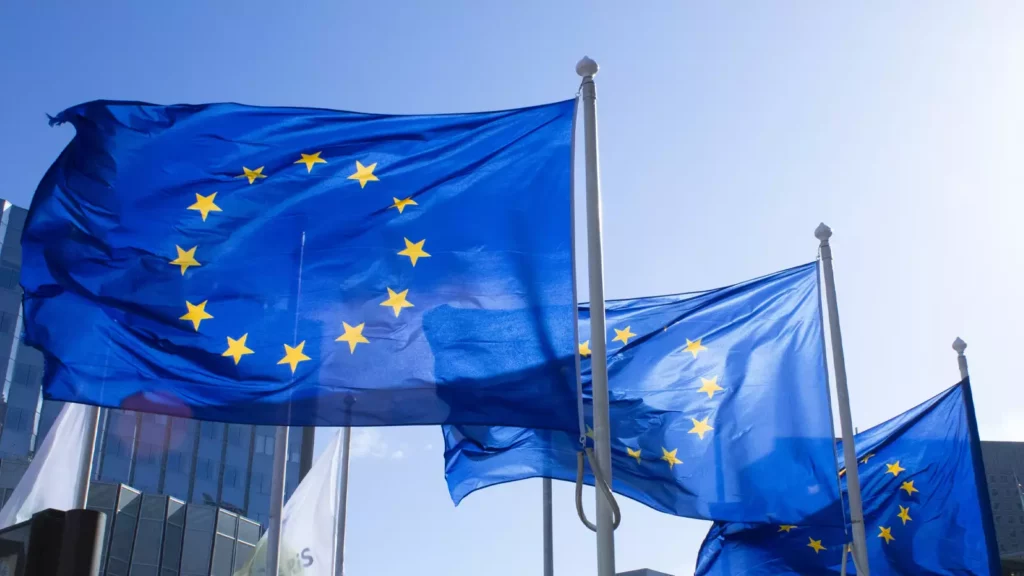
For keen watchers of the European Union, this move comes as no surprise. Work on a common charging standard began in 2011. By 2014, it had convinced every major smartphone vendor — besides Apple, of course — to coalesce around MicroUSB.
This compromise was flawed for two reasons. Firstly, USB-C would emerge a few years later, rendering MicroUSB obsolete. From ergonomics to power throughput, it was better in every conceivable way.
Secondly, as a non-binding agreement, Apple could simply ignore it. And it did.
The European Commission has seemingly learned from history. USB-C has proven itself far more versatile than MicroUSB. And, as this legislation is binding, it actually has some muscle behind it.
Global ramifications
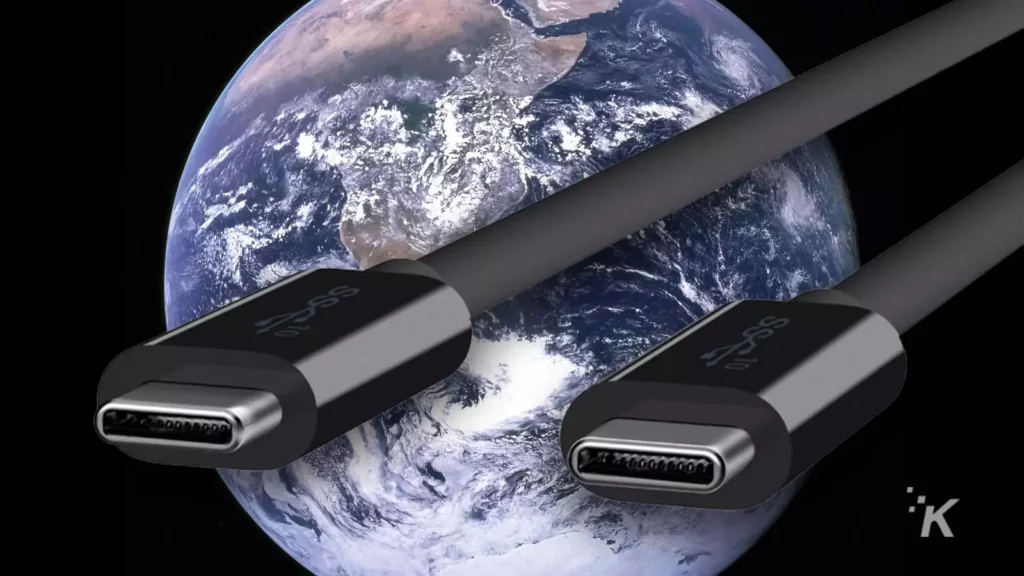
Even if you don’t live in the European Union, this legislation will likely affect you. It applies to every manufacturer selling into the European Single Market (which includes all 27 EU member states, plus Norway, Iceland, Switzerland, and Liechtenstein).
Roughly 448m people live in the European Single Market. It includes some of the world’s most affluent nations. And Brexit notwithstanding, it’s growing. Five countries are official candidates for membership. A further four have applied for membership.
Consumer electronics makers will simply comply with this new suite of legislation. And since it’s vastly more cost-effective to make one version of the same product, companies will sell their EU-compliant devices worldwide.
This may be a good thing. The European Commission estimates that a common charging standard would save consumers around €250m on unnecessary charger and cable purchases each year. It also estimates that it will eliminate around 11,000 tonnes of e-waste each year.
Have any thoughts on this? Let us know down below in the comments or carry the discussion over to our Twitter or Facebook.
Editors’ Recommendations:
- Apple will reportedly unveil its VR/AR headset in January 2023
- Apple’s AirPods Pro 2 release later this year, but still no USB-C
- The iPhone 15 could feature USB-C charging for the first time ever
- European Central Bank’s president warns people that they can lose a lot of money in Bitcoin
Just a heads up, if you buy something through our links, we may get a small share of the sale. It’s one of the ways we keep the lights on here. Click here for more.
















